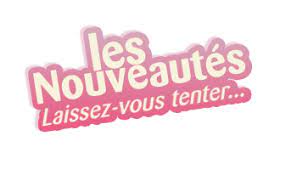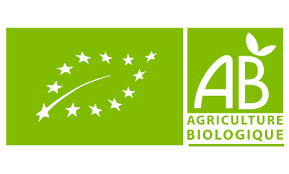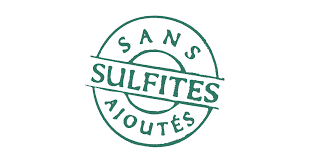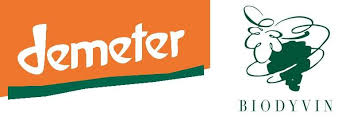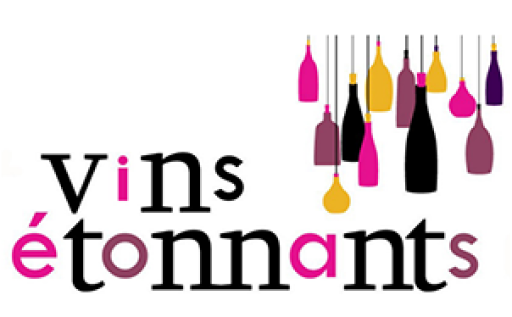Livraison à partir de 9.50€ pour la France !
Franco à 250€ de commande pour le France continentale et la Belgique.
 VIN ROUGE
VIN ROUGE
 découverte/original
découverte/original
Delivery within 4/5 working days, express by UPS, Chronopost or Fedex at home, on a relay point or by messaging

Vinho Liquoroso 2014
CB, Applepay, payment in 3 times Klarna, Transfer, Bancontact, CBC, Sfort, Giropay, IDEAL, EPS, Postpay, Maestro, American Express, Landscard, Belfius, Przlewy24 , ...
Features
Le domaine est situé dans la région de l’Alentejo au sud du Portugal (entre Lisbonne et l’Algarve) bien connue pour sa production de liège et la culture de l’olivier. C’est une propriété de 90 hectares où l’on pratique la polyculture. Le vignoble occupe 39 hectares et les premières vignes furent plantées en 1901. Dans les années 1950, alors que le domaine continuait à produire des bouchons, à cultiver des oliviers, à élever des cochons et produire des céréales, il fut décidé d’agrandir le vignoble. Les sols majoritairement argileux ont la capacité de bien résister à la chaleur intense, aux pluies erratiques et au gel qui occasionnellement frappent la région. Les propriétaires du domaine ont été expropriés pendant la révolution des œillets de 1974, qui mettait fin à la dictature salazariste qui dominait le Portugal depuis 1933. Le domaine ne sera restitué à la famille qu’en 1985. Au moment de la révolution, il y avait 39 hectares de vignobles sur la propriété. Au retour dans le giron privé, le vignoble s’était considérablement rétréci et les propriétaires engagèrent un programme de replantation pour lui redonner sa superficie d’origine.
Aujourd’hui, le domaine demeure une propriété familiale respectueuse des traditions et les cépages cultivés sont des cépages autochtones. C’est l’Alicante Bouschet qui est ici dominant: il constitue 80% de la production du domaine. Ce cépage que l’on appelle souvent teinturier car il produit des jus très colorés et particulièrement tanniques est souvent utilisé dans les assemblages. Cependant au domaine Mouchão il règne en maitre et produit des vins d’une exceptionnelle qualité et profondeur.
20 % Alc. Vol.

House founded in 2003

One of the widest selections of the web of authors' wines and craftsmen
What is an author wine?
This can be so diverse depending on the personality of their sire, that it is easier to define what it is not. An author wine is anything but a standard, stereotypical wine, made to please as many people as possible. It is therefore rarely produced in millions of copies, copying itself from vintage in vintage.
An author wine is therefore a wine that does not look like that of the neighbor. Which from year to year will evolve according to the vagaries of the weather and the mood of the author - the two that can be linked. Because the author does not rely on market studies to carry out his boat. He makes his wine as he feels, as he likes, as he can, sometimes ... and too bad if he does not please everyone.
This is why author wines are sometimes classified as "table wine" or "France wine". Because the winemaker did not plan the authorized grape variety*, makes the assembly or vinification recommended in the name **. He is often a bit rebellious, our author. But that is why we like it! ... That said, author's wines are not systematically marginal: they are present in most of the appellations, and can be part of the elite of these this***. Because they are not content to have personality: they are good, in addition! With in general aDegree of TorchabilityVery high: we never tire of it at the end of the first sip.
As author's wines are not chaptalized, levied, hacked ... They can have very different profiles depending on the vintage. It is up to us (resellers and consumers) to accept them as they are, and to remain faithful to the producers, because they need us to continue their activity.
______________________________
* For example, theTouriga Nacionalin the Minervois, or theSyrahIn Forez ribs. They are crazy, these authors!
** Some winegrowers dare to produceSweety with Mourvèdre or oneNatural sparkling with Pineau d'Aunis
*** Like those of Jean-François Ganevat in the Jura or Zind-Humbercht in Alsace

